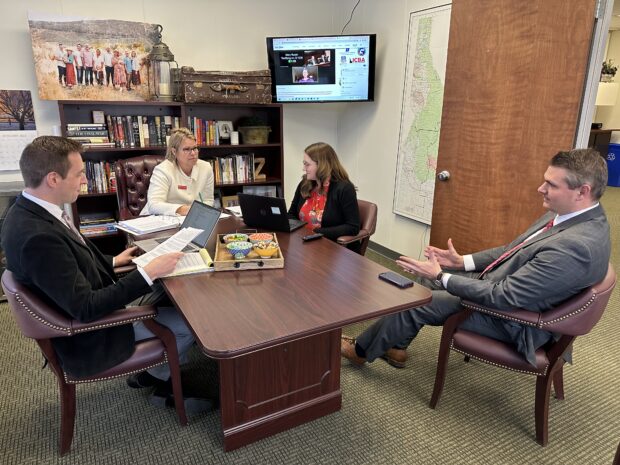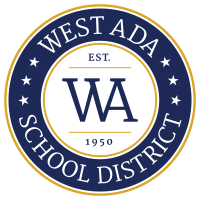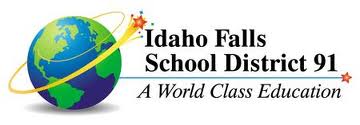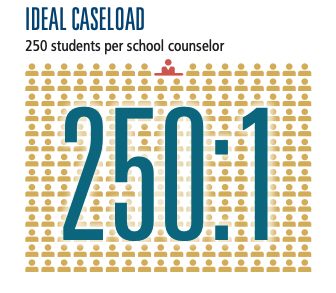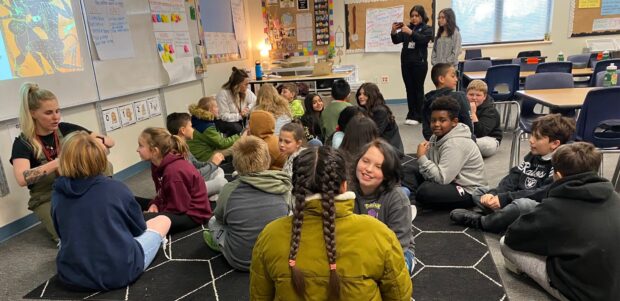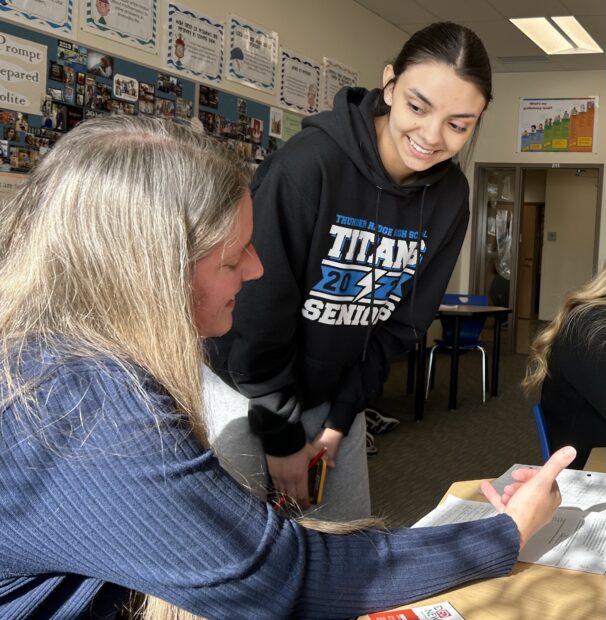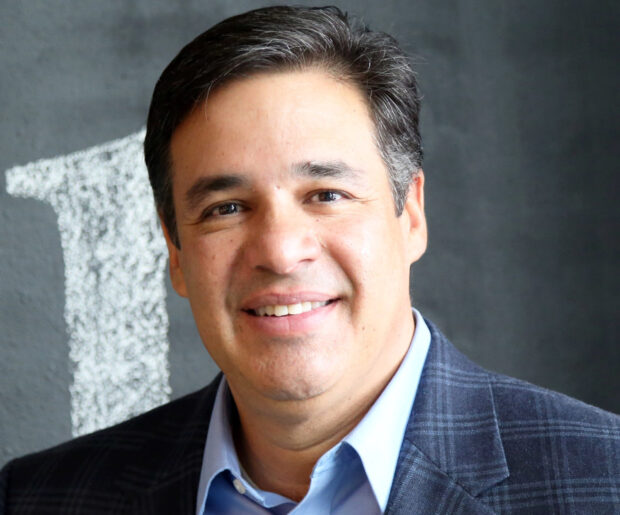Carly Flandro
Day 42: State Board meeting
Behavioral and emotional issues are “the pandemic of our time,” Critchfield said.
A new way to get schools built: plant facilities levies
In the face of costly, failing bonds, some districts — including West Ada — may turn to this alternative.
After record bond failure, Idaho Falls considers another ballot measure
A plant facilities levy may be the path to a new elementary school.
Idaho’s student-to-counselor ratio far exceeds recommended average
But there are ways to support school counselors and minimize their workload.
Endeavor Elementary: “A school like no other”
On-site therapy and childcare for teachers, co-teaching to better reach all kids, and community centers to support families — all are efforts to ensure every child is learning in Nampa School District.
In a district with unique Mondays, at-risk students outperform state averages
The days are set aside for catching up, getting help, and planning. It seems to be working.
Data Dive: Where at-risk students are thriving
Standardized test scores illuminate bright spots in the state where achievement gaps are closing.
ISBA upholds its LGBTQ+ model policy in response to AG questioning
Labrador last week questioned the policy’s legality.
Idaho’s 2022 graduation rate shows continued stagnancy
The high school grad rate has fallen far behind state goals.
Attorney general questions legality of “dangerous” LGBTQ+ policy that’s used in scores of Idaho schools
Quinn Perry, the deputy director for ISBA, estimates that about 60 local education agencies or LEAs (which includes traditional school districts and charters) already have the LGBTQ+ policy in place.

